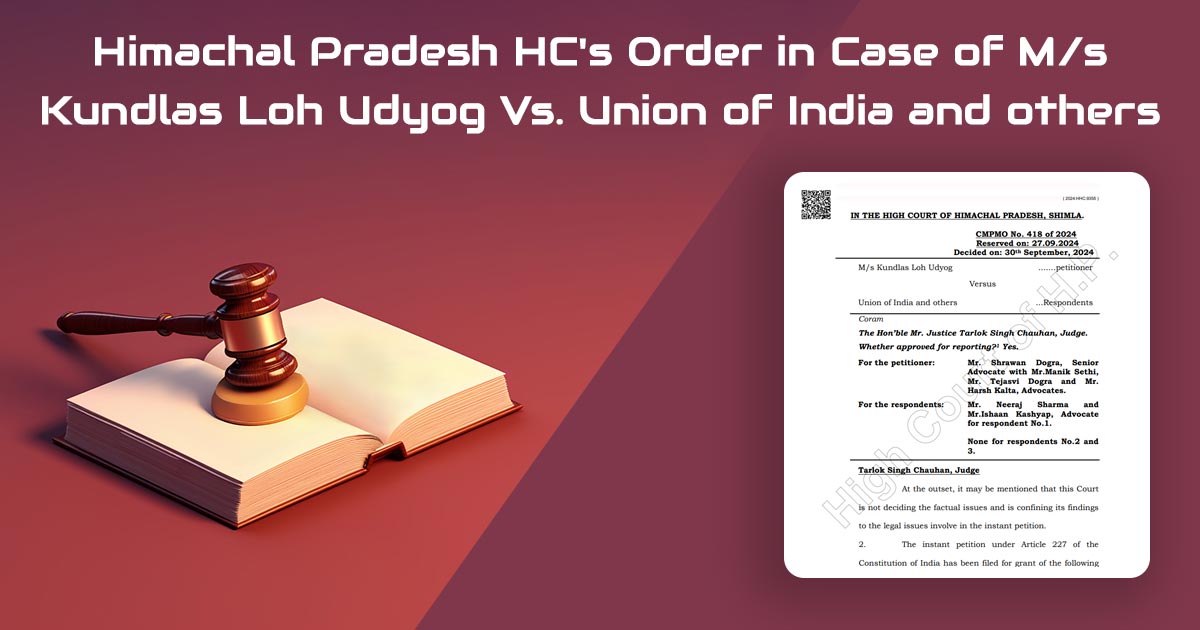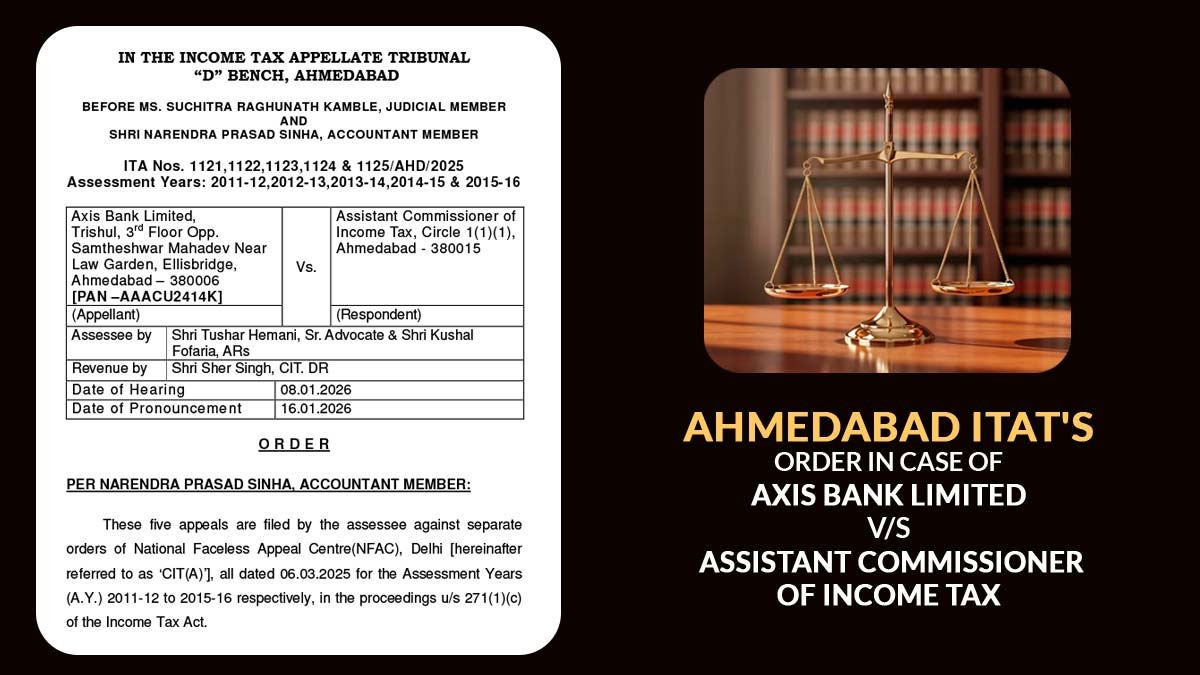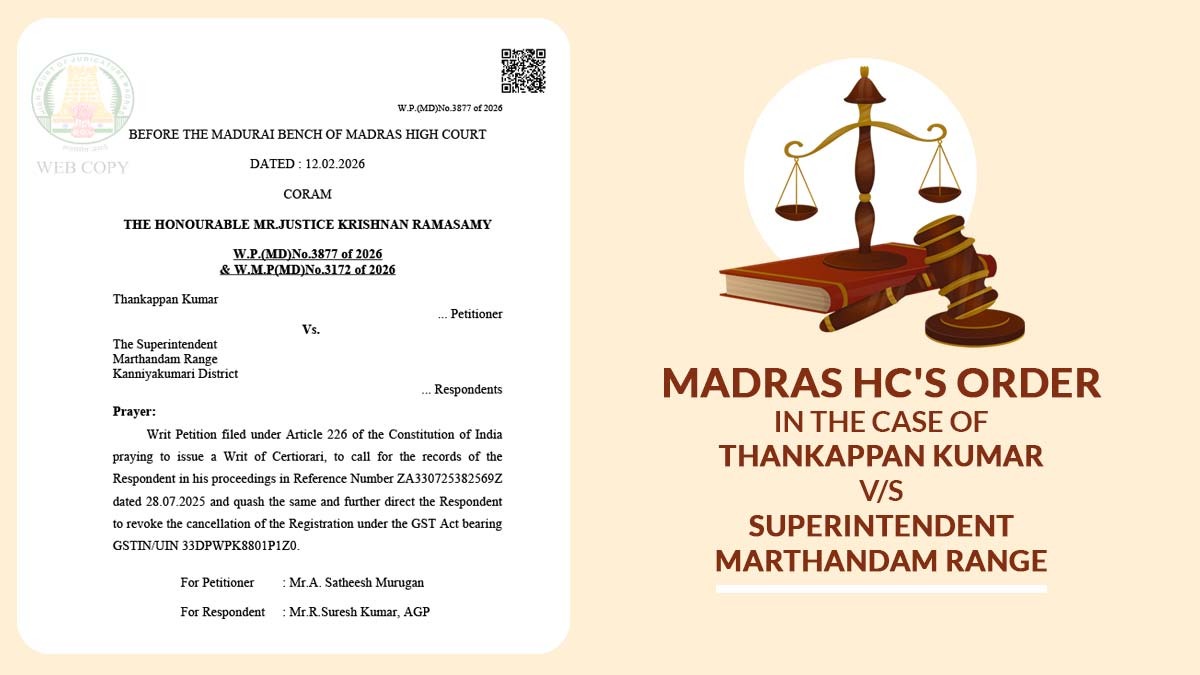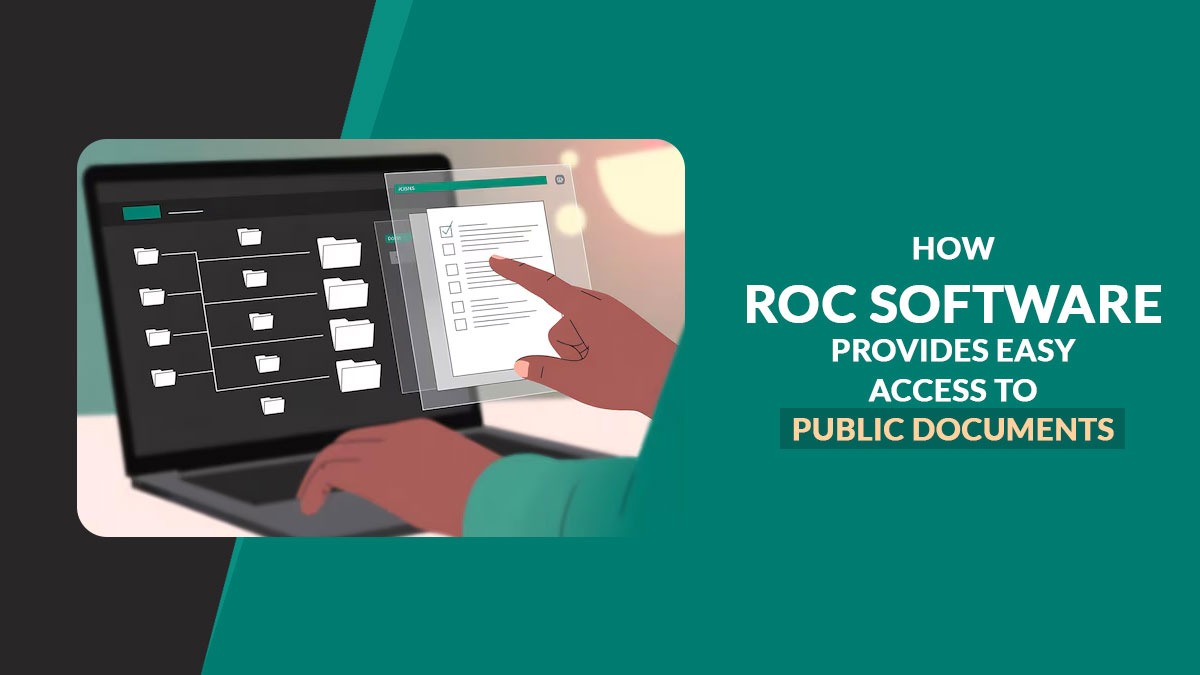
The High Court of Himachal Pradesh rejected the Tax Recovery Officer’s decision to attach the Cash Credit Account, stating that the Cash Credit account or overdraft is capable of being attached under section 226(3) of the IT Act.
The High Court clarified the relationship between a debtor and a creditor, stating that a bank does not become a debtor to its customers and cannot hold money for the account of its customers simply because it has provided an overdraft facility to them.
Section 226(3) of the Income Tax Act allows the Assessing Officer (AO) or Tax Recovery Officer to issue a written notice directing any person who owes or may owe money to the taxpayer, or any person from whom money is due or may become due to the taxpayer, to pay the AO or Tax Recovery Officer.
Single Bench of Justice Tarlok Singh Chauhan observed that “Cash Credit limit is a facility provided by the bank to its customers to use and utilize the money and if such facility availed of, it would attract the interest to be charged for the same so utilized and, therefore, the amount cannot be attached in terms of Section 226(3) of the Act”. (Part 21)
Case Facts
The applicant/assesee is in the purchase & manufacturing of iron and steel, and has bank accounts like “Over Cash Credit” (OCC Account)/ “Cash Credit (CC)” with HDFC bank (second respondent) and YES bank (third respondent). In the year 2023, the first respondent/ ITO issued a show cause notice (SCN) before the applicant, offering an addition of Rs 237.53 crores, which as per the applicant, was 90.43% of its sales and approximately 2.5 times its assets.
Therefore, an assessment order was passed with a notice of demand under section 156 of Rs.17,07,97,812 from the applicant. This demand was contested by the High Court, which granted an interim stay on the issue of ‘freight income’.
When the applicant’s employees’ company sought the respondent banks for routine transactions to perform for the applicant’s business activities then they were notified of the seizure of the bank account of the applicant via ITO. The applicant on inquiry learned that the communication was furnished via the ITO before banks under section 226(3) of the Income Tax Act. the applicant approached the HC subsequently.
Recommended: Himachal Pradesh HC: State Authorities Can’t Transfer a Case to the GST Until They Complete Their Process
HC Observations
The question that needs to be considered is whether the bank accounts, in the form of Cash Credit Accounts, can be attached, and if there was any money owed to the petitioner from the bank that can be recovered under Section 226(3) of the Act.
The Bench noted that the proceedings under Section 226(3) resemble what is typically referred to as garnishee proceedings.
The Bench clarified that garnishee proceedings involve a method through which a judgment creditor can access funds owed to a judgment debtor that is held by a third party.
While there is debt present, it is not required for it to be paid right away. In cases where a debt can be settled in future instalments, the garnishee order may take effect as each instalment becomes due, according to the Bench.
The court specified that the debt in question must be one that the judgment debtor can enforce for his own advantage.
Read Also: Easy Guide to RCM (Reverse Charge Mechanism) Under GST
The Bench directed to the decision in the matter of Jugal Kishore Das vs. Union of India [2013 SCC Online Cal 1994], where it said that “unless there exists a relationship of ‘debtor and creditor’ the order of attachment by an authority under the provisions contained under Section 226(3) of the said Act cannot be passed”.
It was repeated by the Bench that the decision of Gujarat HC in Kaneria Granitio Ltd. vs. Assistant Commissioner IT, 2016 SCC Guj 10310, that the Cash Credit limit is a utility furnished via the bank to its customers to use and utilize the money and if the same facility has been taken then it shall draw the interest to be assessed for the same which is been utilized.
Consequently, the Himachal Pradesh High Court granted the Assessee’s petition and annulled the attachment order issued by the income tax authorities under section 226(3).
| Case Title | M/s Kundlas Loh Udyog Vs. Union of India and others |
| Citation | CMPMO No. 418 of 2024 |
| Date | 30.09.2024 |
| For the Petitioner | Mr. Shrawan Dogra, Mr.Manik Sethi, Mr. Tejasvi Dogra and Mr. Harsh Kalta |
| For Respondents | Mr. Neeraj Sharma, and Mr.Ishaan Kashyap |
| Delhi High Court | Read Order |









